Ghana, known for its rich culture, welcoming people, and fast-growing economy, has become a popular destination for many expatriates, including Americans. If you’re considering relocating to Ghana, whether for work, business, education, or simply to experience life in West Africa, there are several important steps you need to take. This guide provides a detailed overview of the relocation process, including visa requirements, housing, employment, and cultural insights.
Visa and Immigration Requirements
The first step in relocating to Ghana is obtaining the right visa. The type of visa you require depends on the purpose of your stay. Here are the main types of visas available for American citizens:
- Tourist Visa: For those intending to visit Ghana for leisure or short-term business purposes (up to 90 days).
- Business Visa: If you’re traveling for business meetings, conferences, or exploring investment opportunities.
- Work Visa: For those who have secured employment in Ghana. You will need an employer to sponsor your application.
- Student Visa: If you plan to study in Ghana, you will need a student visa.
- Residence Permit: If you wish to live and work in Ghana for more than a short-term period, you’ll need a residence permit after your arrival.
Steps for obtaining a visa:
- Complete the visa application form from the Ghana Embassy or Consulate.
- Provide necessary documents, including a passport with at least 6 months validity, passport-sized photographs, proof of funds, and a flight itinerary.
- Pay the visa fee as required by the consulate.
- Submit your application and attend an interview if required.
For longer stays, particularly work or residence visas, you may need to submit additional documentation, such as a work contract or proof of financial resources.
Registering with the Ghana Immigration Service (GIS)
Once you arrive in Ghana, you must register with the Ghana Immigration Service (GIS). This step is crucial to ensure you are legally residing in the country. After registering, you will be granted a Residence Permit, which allows you to live in Ghana legally for an extended period.
Documents needed for registration:
- Valid passport
- Visa or entry permit
- Proof of financial stability or employment
- A letter from your employer (if applicable)
Finding Accommodation in Ghana
Finding a place to live is an essential part of the relocation process. Ghana’s major cities like Accra (the capital), Kumasi, and Takoradi offer a range of housing options. You can find everything from shared apartments to luxurious homes depending on your budget.
Tips for finding accommodation:
- Consider proximity to work or schools when choosing your location.
- Renting vs Buying: Renting is common for expats, with the option to negotiate rent on an annual basis or pay quarterly.
- Research online listings: Websites like Jumia House, Tonaton, and MeQasa can help you find available properties.
- Real Estate Agents: If you’re unfamiliar with the local market, hiring a local agent can be helpful, especially for long-term rentals.
Renting a 1–2-bedroom apartment in central Accra might cost anywhere between $500–$1,500 per month, depending on the area and amenities.
Setting Up Finances and Banking
Before moving to Ghana, it’s crucial to ensure you have access to financial resources while living there. American citizens can open a bank account in Ghana, which will be essential for paying bills, receiving salaries, and managing everyday expenses.
Steps to set up a bank account:
- Choose a bank: Popular banks for expats include Standard Chartered, Barclays, and Ecobank.
- Provide documents such as a valid passport, visa or residence permit, proof of address, and employment or student information.
- Deposit funds into your account and familiarize yourself with local banking practices.
Using Western Union or PayPal are also viable options for transferring money between the U.S. and Ghana. It is advised to understand the exchange rates and transfer fees before committing to international transfers.
Healthcare and Insurance
Healthcare in Ghana is improving, with both private and public hospitals available. However, the public healthcare system may not meet international standards, and many expats prefer to use private clinics for medical care. Hospitals in the larger cities have the best facilities, and you should ensure your health insurance covers international treatment or get local insurance.
Healthcare options:
- Private Hospitals: Many expats prefer private facilities such as Kwakudi Memorial Hospital or Regina Medical Centre in Accra.
- Public Hospitals: Ghana’s Korle Bu Teaching Hospital is one of the largest public hospitals.
It’s recommended to purchase health insurance before moving or as soon as you arrive in Ghana. Many global insurance companies offer coverage for expats in Ghana.
Employment and Business Opportunities
Ghana’s economy is one of the fastest growing in Africa, and it has attracted many international companies. The country has a growing demand for professionals in sectors like IT, education, healthcare, construction, and business. Expats can also explore opportunities in agriculture, energy, and finance.
Steps for finding employment in Ghana:
- Work visa sponsorship: Secure employment before moving to Ghana. Most work visas require that you have a job offer from a Ghanaian employer.
- Online job portals: Websites like Jobberman, LinkedIn, and GhanaWeb can provide listings for expat-friendly roles.
- Networking: Attend business and professional networking events. Ghana has a vibrant expat community that can provide connections.
- Freelancing or Entrepreneurship: If you’re interested in setting up your own business, Ghana encourages foreign investments, and the government has created special initiatives for entrepreneurs.
Adapting to the Culture and Local Life
Ghana is a friendly and welcoming country. The people are known for their hospitality, and learning about the local culture will help you settle in easily. The official language is English, but local languages such as Twi, Ga, and Ewe are commonly spoken.
Cultural Etiquette:
- Respect elders: Ghanaians highly value respect, especially for elders. Greetings are important, and it’s customary to greet people properly.
- Food: Ghanaian cuisine is flavorful, with dishes like jollof rice, fufu, and banku. Be open to trying local dishes.
- Social life: Ghanaians are social people, and the weekends are often spent with family and friends. Join local events, markets, and festivals to integrate into the community.
While the cost of living is generally lower than in the U.S., it’s important to plan your budget carefully, particularly in cities like Accra, where the cost of goods and services can be higher than in rural areas.
- Learn about taxes: As an American living in Ghana, you are still required to file taxes in the U.S. However, you can take advantage of tax treaties that may help you avoid double taxation.
- Consider schooling for children: Ghana has several international schools, especially in Accra, offering curricula like the American, British, and International Baccalaureate.
- Understand the local laws and regulations: Familiarize yourself with Ghana’s laws, especially those related to immigration, business, and property ownership.
Relocating to Ghana offers an exciting opportunity to explore a vibrant country with a rich history and an emerging economy. By following the right processes, securing the necessary paperwork, and adapting to the local culture, your move to Ghana can be a rewarding experience. From visas to housing, finance, healthcare, and employment, there are various steps to take to ensure your relocation is smooth and successful.


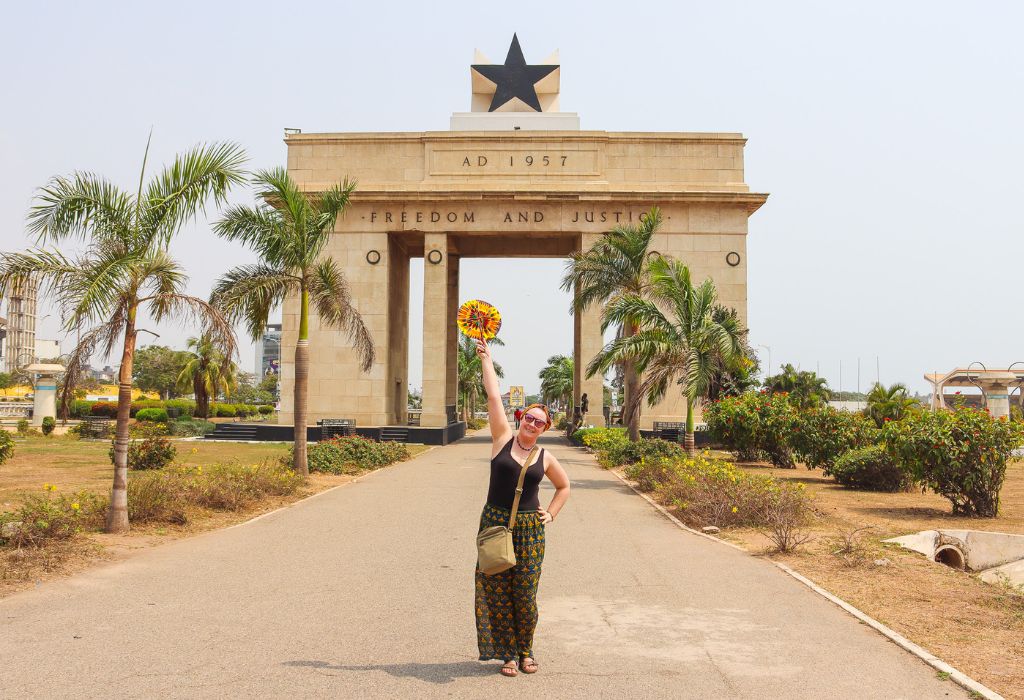

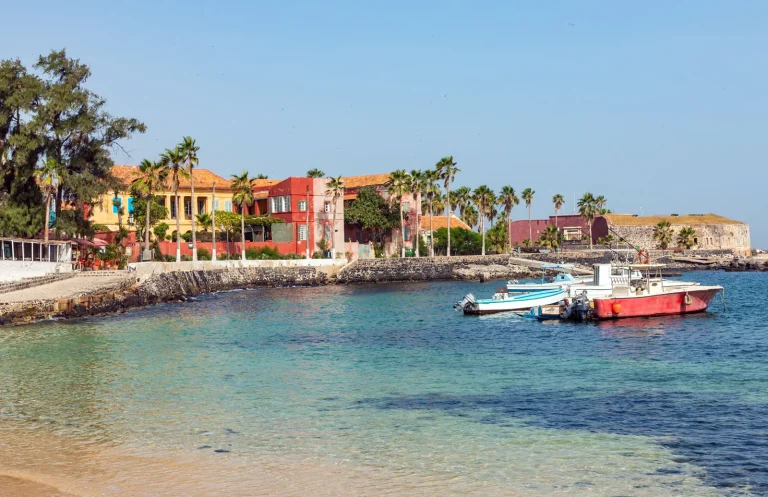

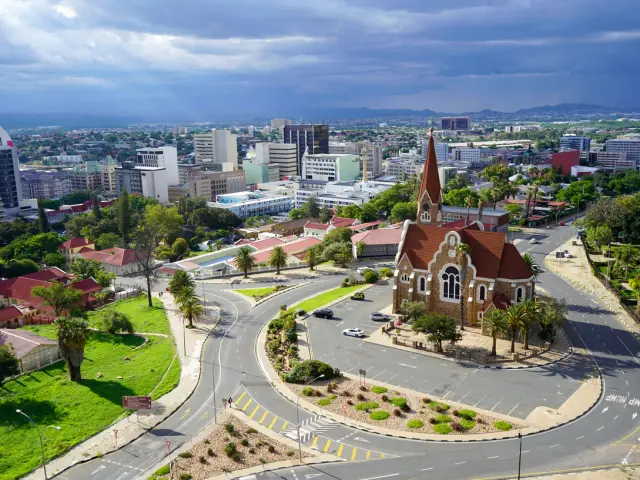
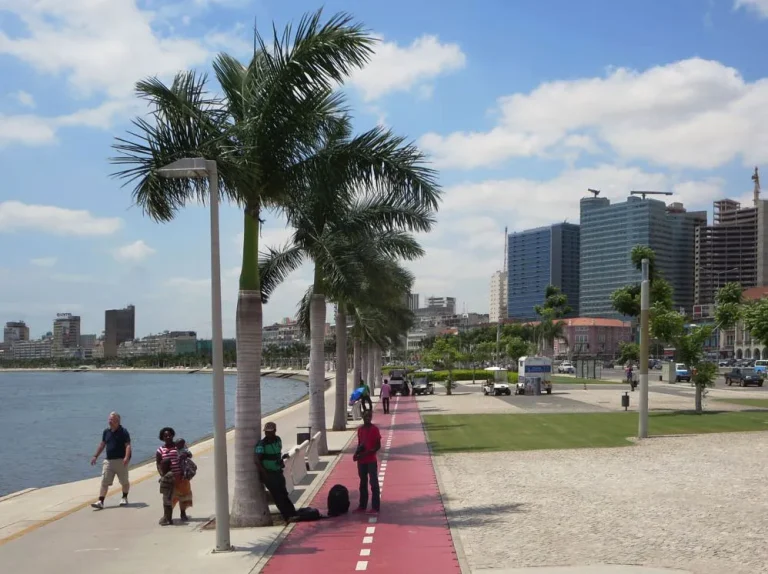
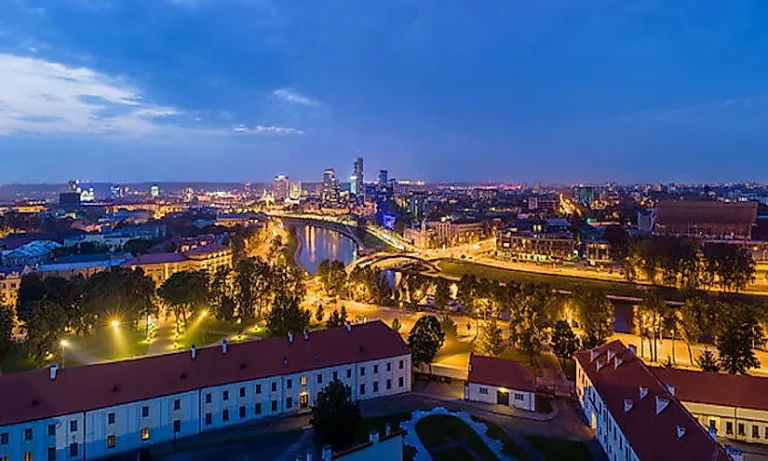
Leave a Comment